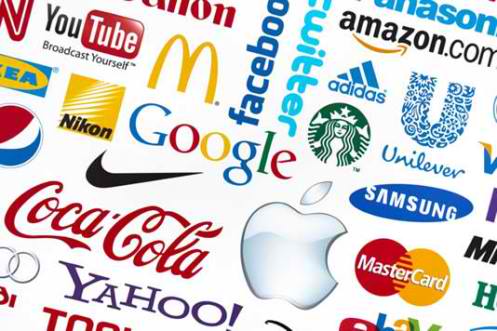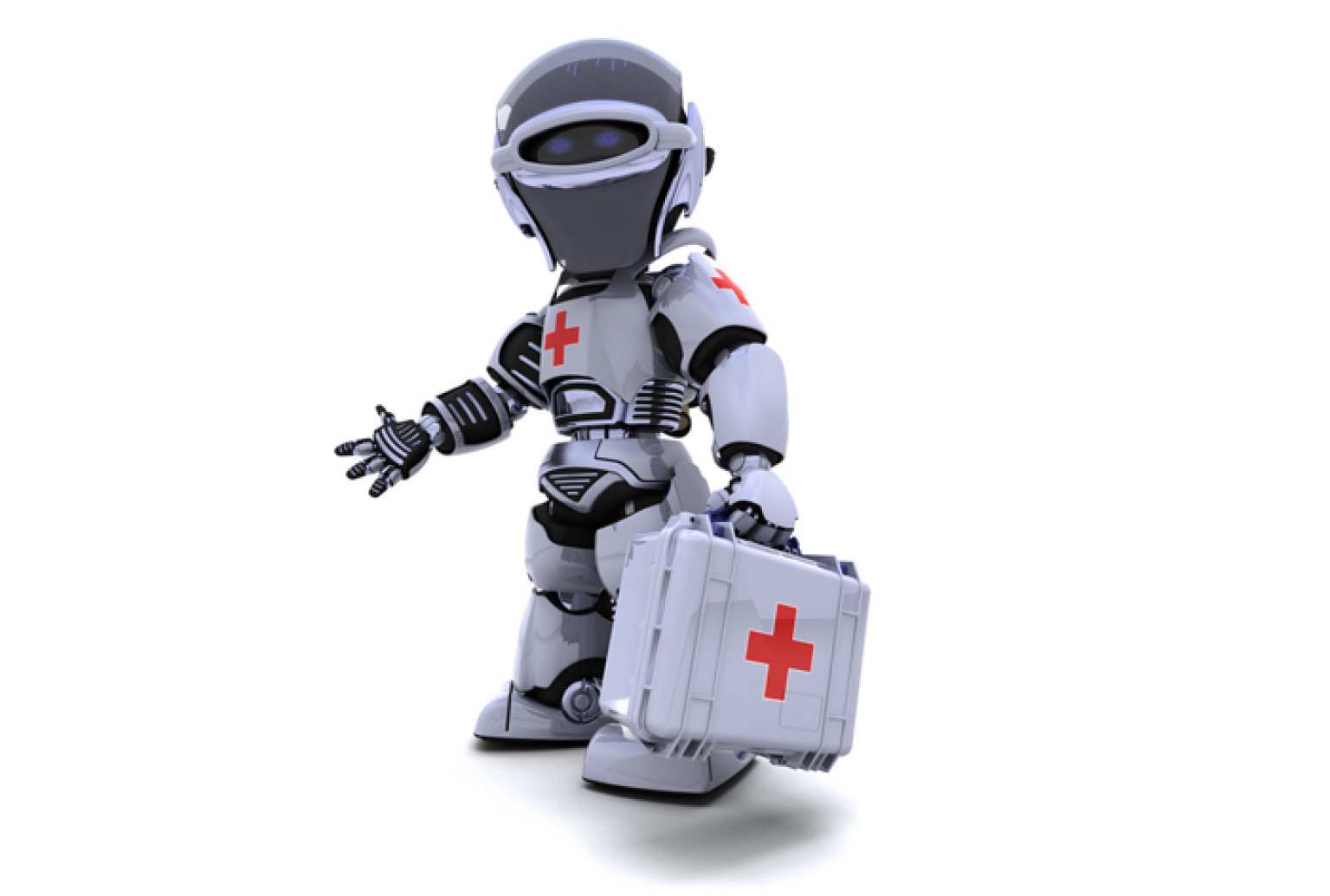
Patrick Artus, chief economist
at Natixis bank and outstanding lecturer at Panthéon-Sorbonne in Paris, published
a worrying book last February: “Madness of Central Banks: Why the next crisis
will be worse”. He prophesises the next economic crisis, explaining the different
factors that will inevitably lead to it…
First, Artus reminds us of the
dreadful crisis which started in 2008. To reboot economic activity, the central
banks (the banks of the banks) gave assets to the banks through quantitative easing.
This is a monetary policy in which a central bank purchases government
securities or other securities from the market in order to lower interest rates
and so increase the money supply by flooding financial institutions with
capital in an effort to promote increased lending and liquidity. The problem
that Artus wants to highlight is not that; he completely agrees with this policy.
The problem is that, seven years on, this policy has not changed: monetary expansion is continuing and this is the danger. The central banks continue to "pay" by creating currency. Artus’s point is that this currency does not "disappear" and this creates bubbles of billions of dollars. There has never been so much money on the markets… The banks have sold their obligations to the central banks which has created an inevitable bubble (situation where the value of the obligations increases strongly and reaches levels judged excessive in comparison with the real value of assets). This generally ends with an explosion of the bubble and the fast reduction in values.
The bond bubble is going to explode. This bubble is even bigger than the real estate bubble of the subprime mortgage crisis. This is because nobody can "help" the central banks, and States are inevitably going to be affected because the central banks have acquired debts…
The problem is that, seven years on, this policy has not changed: monetary expansion is continuing and this is the danger. The central banks continue to "pay" by creating currency. Artus’s point is that this currency does not "disappear" and this creates bubbles of billions of dollars. There has never been so much money on the markets… The banks have sold their obligations to the central banks which has created an inevitable bubble (situation where the value of the obligations increases strongly and reaches levels judged excessive in comparison with the real value of assets). This generally ends with an explosion of the bubble and the fast reduction in values.
The bond bubble is going to explode. This bubble is even bigger than the real estate bubble of the subprime mortgage crisis. This is because nobody can "help" the central banks, and States are inevitably going to be affected because the central banks have acquired debts…
Links:
Benoit GLENAT wants to work in Finance.
















